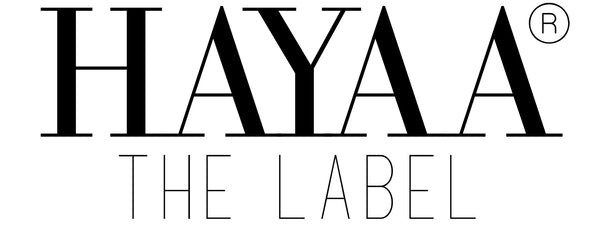What is the difference between Hajj & Umrah?
Two important Islamic pilgrimage traditions that Muslims worldwide perform are the hajj and umrah. While there are some parallels between the two, there are also some significant distinctions.
Hajj is one of Islam's five pillars, and it is a required pilgrimage for all able-bodied Muslims who can afford it. It takes place in the last month of the Islamic calendar, Dhul-Hijjah. Tawaf (circumambulating the Kaaba seven times), Sa'ee (running between the hills of Safa and Marwa), and standing at Arafat are all part of the Hajj ritual.
Umrah, on the other hand, is a voluntarily performed pilgrimage that can be performed at any time of year. It has fewer rites than Hajj and can be finished in a matter of hours. Tawaf and Sa'ee are the essential rites of Umrah, just like Hajj, although additional activities like as standing at Arafat are not included.
What is the importance of wearing full coverage modest clothing during these pilgrimages?
Modesty is an important feature of Islam, and it is highlighted throughout the Quran and Prophet Muhammad's teachings (peace be upon him). Muslim men and women are expected to dress modestly, which includes appropriately concealing their body. In the context of Hajj and Umrah, it is especially important to wear modest clothing as it is a sacred journey and a spiritual experience.
Wearing full-coverage clothing not only fulfils religious requirements, but it also provides practical advantages. The weather in Saudi Arabia can be rather hot and humid, therefore pilgrims should wear full-coverage apparel to protect themselves from the harsh sun rays and heat. It also helps in the prevention of dehydration and other heat-related disorders.
The pilgrims' sense of oneness and equality is enhanced by the modest clothing they wear during Hajj and Umrah. Everyone is dressed the same manner, and there is no distinction between rich and poor, young and old, or black and white. This promotes unity and sisterhood and serves as a reminder that we are all equal in Allah's eyes.
